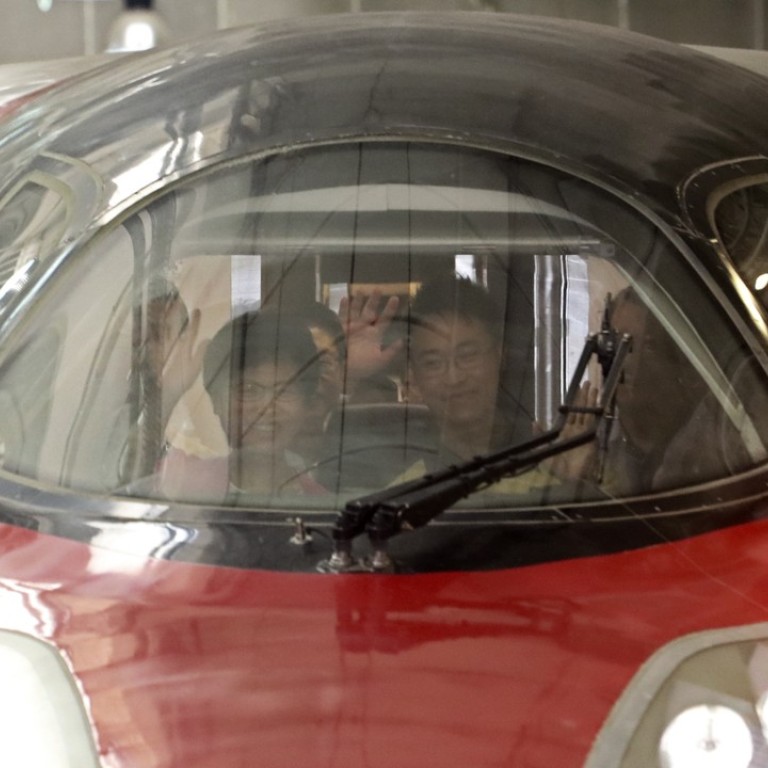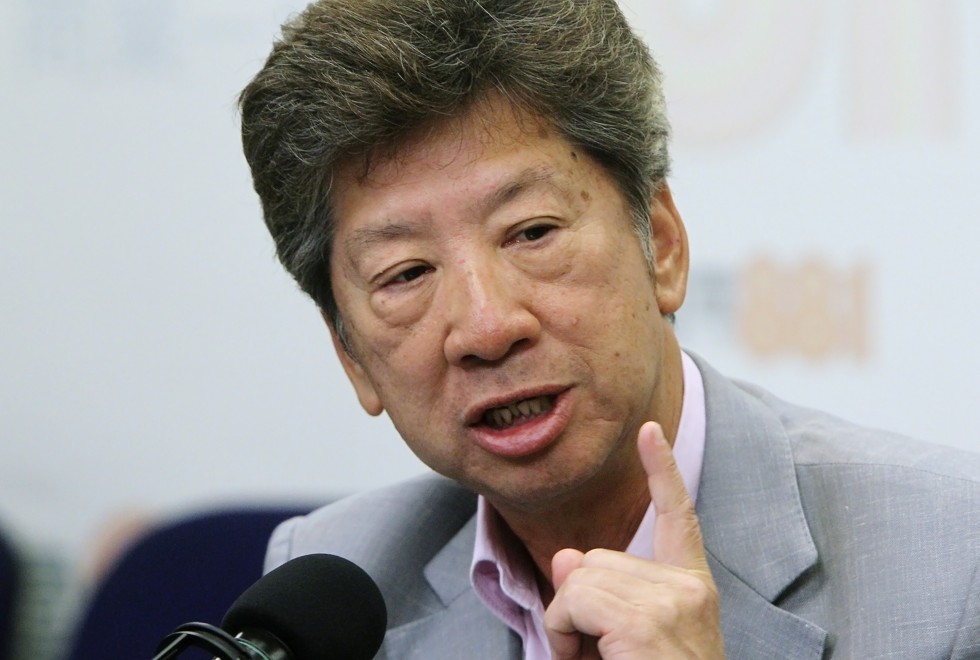
Tables turned as ‘aggressive’ deal on joint checkpoint in Hong Kong forged
Alternatives cast aside in favour of giving mainland officers strong powers
Eight years ago, a number of pan-democratic lawmakers were slammed by the government for asking the same question many times during a marathon Finance Committee meeting to scrutinise funding for the cross-border express rail link.
“The Basic Law has banned Hong Kong from implementing a co-location arrangement which allows Chinese Communist Party officers to enforce mainland laws in Hong Kong. This is crystal clear,” said then Civic Party lawmaker Margaret Ng Ngoi-yee, a barrister who opposed the funding.
She was joined by colleague Ronny Tong Ka-wah, who argued it was constitutionally impossible to set up such a joint checkpoint in the city centre.
“I hope the secretary [for transport and housing] will stop misleading Hongkongers,” Tong, a senior counsel, said.
Watch: All you need to know about the high-speed rail system
Former transport chief Eva Cheng Yu-wah, who left the government in 2012, repeatedly ducked the question.
She however pledged to look into different options, such as carrying out clearance on trains or restricting mainland officers to implementing customs, immigration and quarantine rules but not criminal laws.
Fast forward to 2017, and the long-awaited plan unveiled on Tuesday allows mainland officers to exercise nearly full jurisdiction in the 105,000 square metre designated port area at the terminus.
The other Basic Law provisions would no longer be applicable in the designated area as it would be regarded as lying outside the city’s territorial boundary, according to the government.
It is a more aggressive approach than the US-Canada co-location deal, under which US officials may only question and search travellers in Canada without having the power of arrest.
None of the alternatives Cheng promised to study was realised, while Tong, who quit the party in 2015, is now a member of the Executive Council which endorsed the deal. He said it could withstand judicial challenges.
A total of six alternative checkpoint arrangements were discussed by the two governments, but all were eventually rejected.
The government said the journey time between the terminus and the first mainland station in Futian would be only around 14 minutes, meaning that on-board clearance was not feasible.
As for giving mainland officers criminal jurisdiction, security chief John Lee Ka-chiu said it was needed to prevent mainland fugitives and asylum seekers coming to the city.
Alternatives to leasing land to the mainland were considered. But neither amending the Basic Law nor adding new items to the list of national laws set out in the mini-constitution were considered practical.
The government argued the Basic Law should not be amended lightly, while it was also difficult to define which mainland legal provisions on clearance procedures should be added.
But Eric Cheung Tat-ming, a principal law lecturer at the University of Hong Kong, was disappointed that mainland law enforcers were eventually granted criminal jurisdiction after years of negotiations.
“I used to have some expectation over the deal and thought perhaps criminal cases [happening in the mainland port area] could be handled by local police,” he said, citing the fact that the People’s Liberation Army garrisons in Hong Kong was subject to local laws.
“That also reflects the central government’s lack of trust in Hong Kong .”
Pan-democratic heavyweight Martin Lee Chu-ming said Hong Kong had no say over the deal, even though officials claimed the two governments had agreed to it.
Former Democratic Party chairwoman Emily Lau Wai-hing, who chaired the Finance Committee back in 2009, said it was very undesirable for the government to apply for funding from the legislature when it had yet to find a solution to the checkpoint problem.


